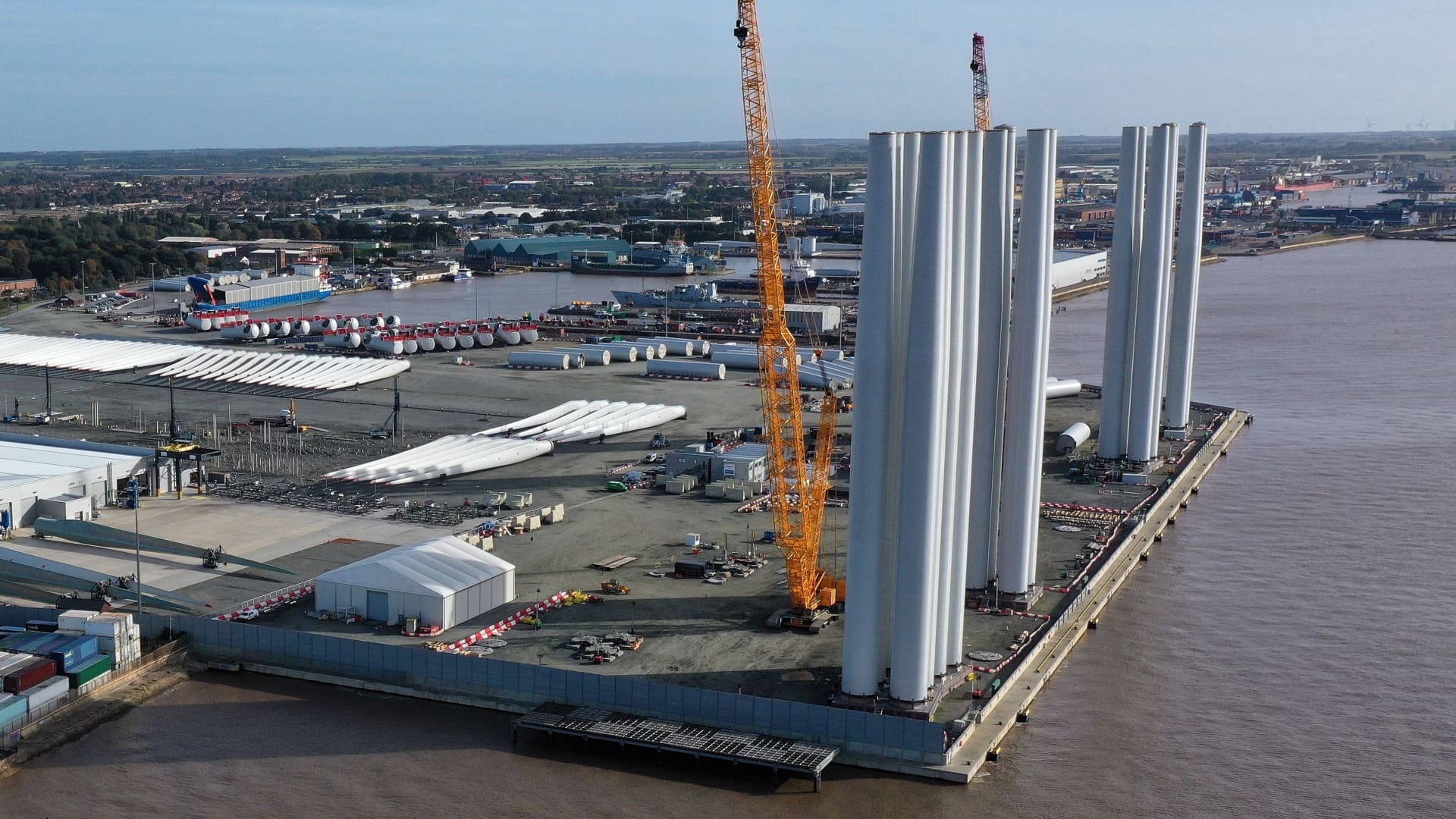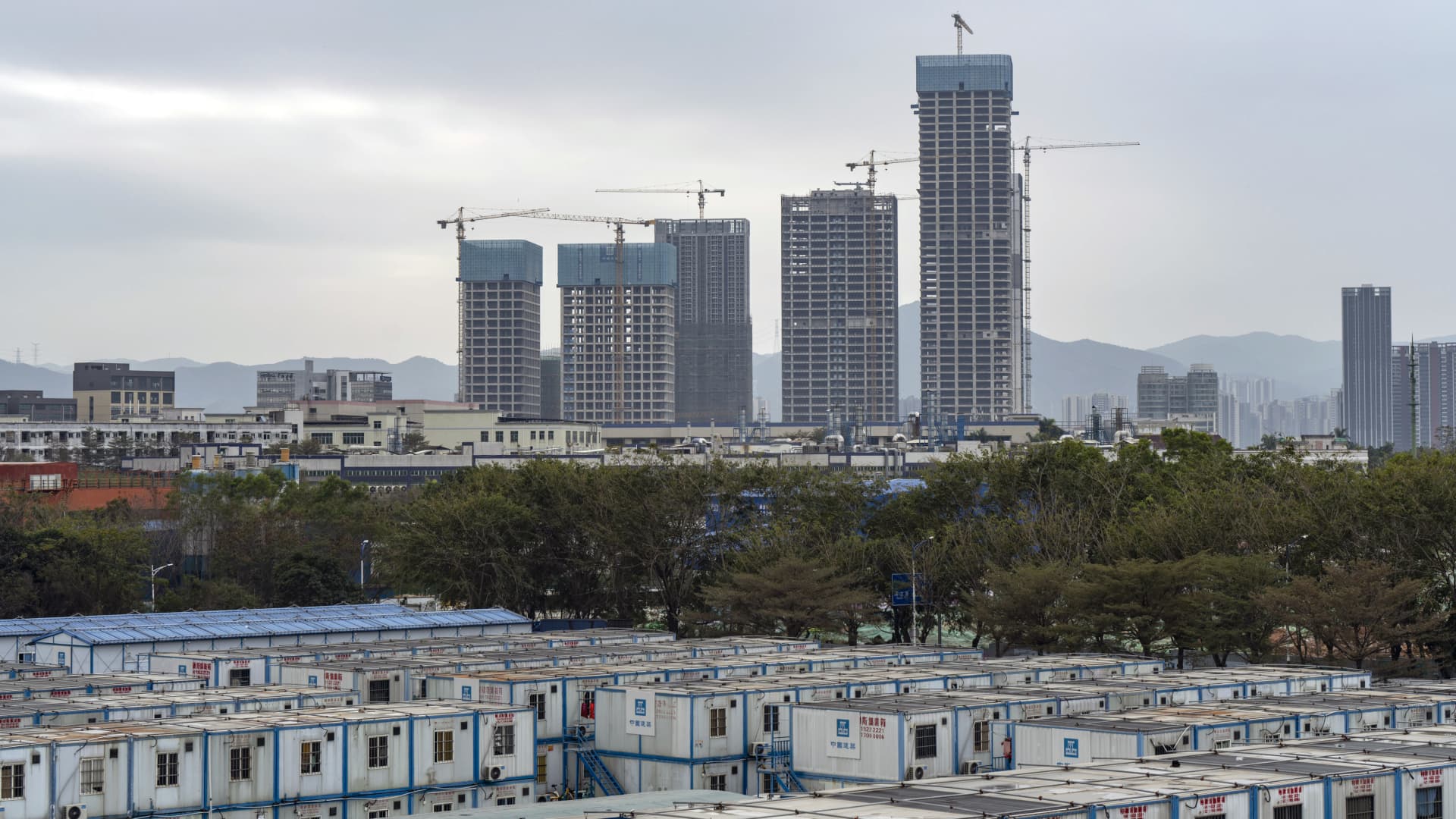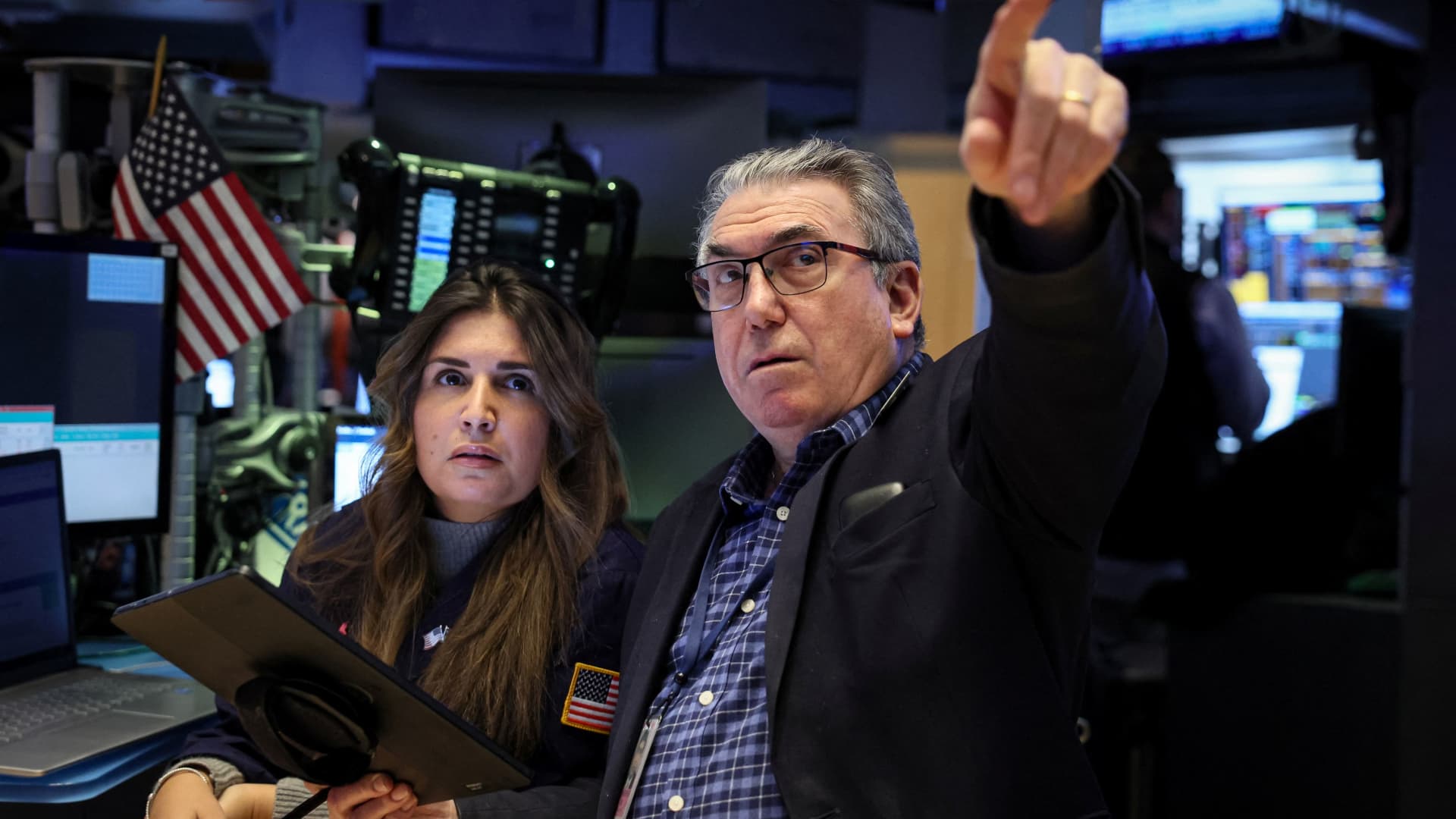Supply-Chain Reliability Issues Plague Wind Energy Giants Ahead of Quarterly Earnings Reports
As major players in the wind energy sector prepare to release their quarterly earnings reports, concerns over supply-chain reliability have taken center stage. Siemens Energy made headlines earlier this year when it abandoned its profit forecast and issued a warning about costly failures at its wind turbine subsidiary, Siemens Gamesa, which could have long-lasting effects. This raised concerns about wider issues in the industry and brought the earnings of Europe’s wind energy giants into the spotlight.
Siemens Energy is scheduled to report its fiscal fourth-quarter results on November 15th. Its shares have declined over 35% year-to-date. Alongside turbine problems, the German energy company reported orders of approximately €14.9 billion ($15.7 billion) for the third quarter, a significant increase of more than 50% compared to the previous year. However, a charge of €2.2 billion due to quality issues at Gamesa led Siemens Energy to forecast a net loss of €4.5 billion for the fiscal year.
In anticipation of its fourth-quarter earnings, analysts at Kepler Cheuvreux noted in a recent research note that despite its profit warning, the company “remains susceptible to significant negative cashflow swings in the next fiscal year.” They added, “We expect Siemens Gamesa to experience a very weak order intake in H1, which, combined with extensive delivery delays and rising customer penalty payments, will overshadow the resilience of the group’s other divisions.”
Morgan Stanley also lowered its price target for Siemens Energy from €20 per share to €18 per share but maintains an overweight long-term strategic position on the company’s stock. Morgan Stanley analyst Ben Uglow stated in a research note, “Valuation for Siemens Energy is currently factoring in a negative value for the Gamesa division, which we believe may have been overly penalized.” Uglow acknowledged the limited visibility on Gamesa’s margin trajectory but highlighted the undemanding valuation and strong fundamentals of the company’s Gas & Grid businesses.
On the other hand, Deutsche Bank reduced its 12-month share price forecast for Danish wind energy producer Ørsted by 36% ahead of its interim earnings report on November 1st. Ørsted’s shares have already halved in value this year. Previously, the bank highlighted challenges in the wind turbine industry, including supplier delays, reduced tax credits, and rising rates. In addition to these challenges, Ørsted faced a further decline in its share price when it raised the possibility of a €2.1 billion impairment charge in its U.S. offshore wind portfolio.
Meanwhile, Danish wind turbine manufacturer Vestas, despite securing significant orders, has witnessed a 30% decline in its shares year-to-date due to reliability concerns in the industry. Vestas is set to publish its interim financial report for the third quarter on November 8th.
Supply-chain worries continue to be a significant challenge for the wind energy sector, according to a report by ONYX Insight, a company that monitors wind turbines globally. The report revealed that 57% of industry leaders identified the supply chain as the main obstacle to their operations. In addition, ONYX found that reliability concerns were also prevalent, with 69% of those surveyed expecting more reliability issues due to aging assets and 56% anticipating problems related to new turbine technology.
Ashley Crowther, Chief Commercial Officer at ONYX Insight, explained that supply-chain issues have had a direct impact on wind turbine OEMs like Siemens Gamesa and Vestas, as seen in their recent financial results. Crowther also highlighted the increasing failure rate of electromechanical systems in aging turbines and the rash of failures in newer turbines due to shorter development cycles and the squeeze on turbine prices.
Furthermore, continuing price competition among manufacturers has led to the production of larger turbines on shorter production cycles, compromising manufacturing quality. This, combined with supply-chain challenges, has resulted in significant financial losses for OEMs.
The wind energy industry faces numerous hurdles, including supply-chain reliability issues, reliability concerns associated with aging assets and new turbine technology, and intense price competition. These challenges highlight the need for the sector to adapt and address these issues in order to ensure sustained growth and profitability.

I have over 10 years of experience in the cryptocurrency industry and I have been on the list of the top authors on LinkedIn for the past 5 years. I have a wealth of knowledge to share with my readers, and my goal is to help them navigate the ever-changing world of cryptocurrencies.











